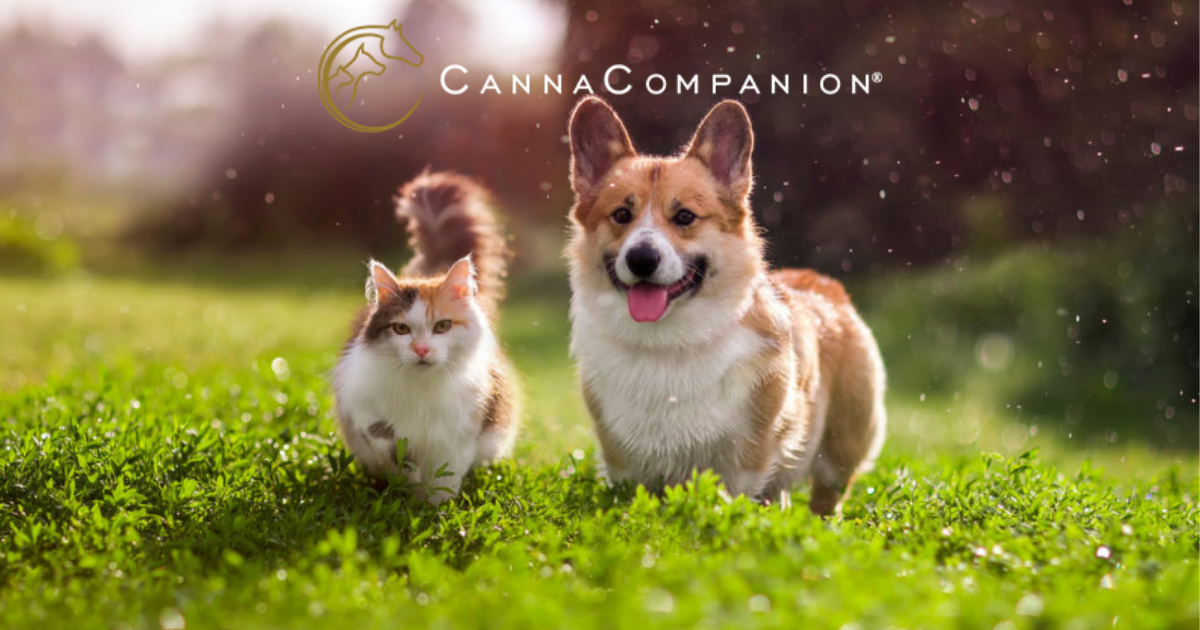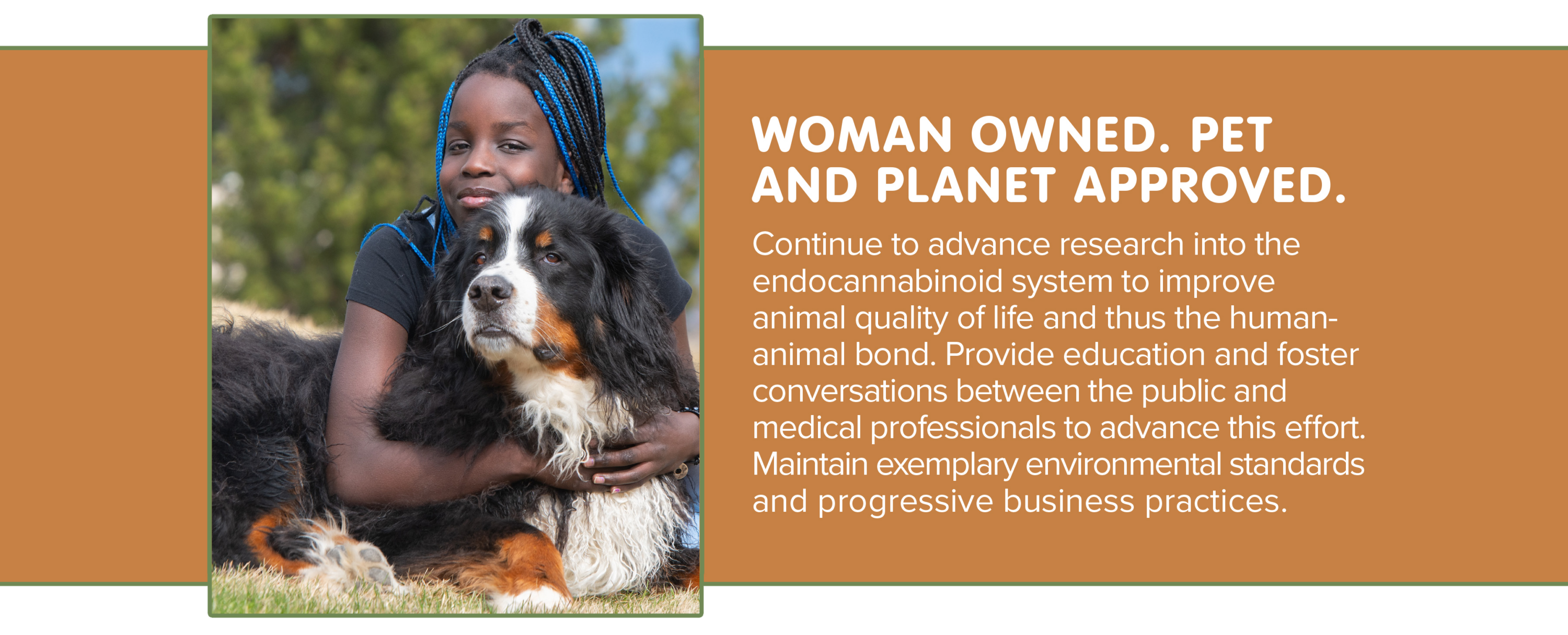4 Common Health Challenges for Outside Cats
Felines are some of the most independent pets around. Most parents of outdoor cats can attest to that fact. Outside cats bathe themselves, sharpen their own claws and even hunt their own food (regardless of how much cat food you leave on the porch for them). However, despite these strengths, outdoor cats aren’t completely self-sufficient. There are quite a few problems they need your help with to stay healthy and in high spirits. That’s why it’s so important to understand these challenges and some of the best ways to manage them.
At Canna Companion, we harness the potent compounds in hemp to make pet-friendly products that support optimal health, comfort and care in cats and dogs. Above all else, our goal is to improve and maintain your pet’s well-being in any way we can. So today, we’ll be taking a few minutes to walk you through four common health issues outside cats face and how you can help your feline overcome them.
GI Tract Issues
Felines are naturally curious and love to hunt down different wildlife, meaning that your outside cat might be chowing down on insects, mice, birds, spoiled human foods and other potentially dangerous substances without you ever knowing. Even indoor-only cats (or those enjoying sunshine in a controlled space), will find a speck of dust or a crunchy leaf to pounce on, “kill” and eventually eat. Very few cats have the iron stomachs needed to process these materials, which is why it’s imperative to provide your outside feline with additional GI tract support.
Fortunately, there are a few high-quality pet products that do just that. For example, our Canna Companion pet supplement for cats utilizes a range of phytocannabinoids, terpenoids and other natural compounds to support healthy digestive processes and help maintain a healthy GI tract in your pet. Of course, even the best GI tract supplements can’t prevent all substances from negatively affecting your cat’s stomach health, which is why we recommend bringing your cat inside permanently to better control their daily diet. Barring that comprehensive solution, GI tract supplements are the next best thing!
Inclement Weather
It’s not difficult to imagine why many outside pets struggle with inclement weather, especially breeds and species that aren’t built to handle chilly temperatures. One of the reasons why so many pet parents prefer to keep their cats inside is because these animals have a tough time staying warm and healthy when left to their own devices outside. Without help, your outside cat can suffer from hypothermia and other adverse conditions caused by harsh weather, putting their lives at risk. Another potential risk of cold weather is your cat finding and ingesting toxic substances like antifreeze or rock salt. If you notice that your cat seems lethargic or disinterested in food when the winter months arrive, there’s a very good chance that the cold is affecting their health in one way or another.
The best way to protect your outdoor cat from inclement weather is to provide them with a safe place to relax and warm up. When temperatures drop and weather worsens, outdoor cats may seek shelter in dangerous spots like wheel wells or engine bays. When the vehicle starts, they can get stuck in the fan belt or tires, leading to severe injury. Consider bringing your cat into the house until the cold months pass to ensure her health and happiness. If that isn’t an option, then you might want to set up a small space in your garage for her to enjoy. There’s no need to risk your pet’s safety if you don’t have to!
Weakened Immunity
Your cat’s immune system plays a vital role in protecting them from a host of microscopic threats, including bacteria, viruses and even parasites. Naturally, the outdoors are rife with these dangers, which puts outside cats at great risk when their immune systems aren’t in top form. To exacerbate matters further, most outdoor cats don’t have the most consistent diets or sleep patterns, resulting in weakened immunity due to lack of rest or protein deficiencies. Last but not least, the immune systems of felines gradually weaken as they age, putting older outdoor cats in dire straits without some form of immune system support.
Once again, proper sleep and nutrition are crucial components of a healthy immune system in cats. Consequently, you should always provide your outside cat with a warm, safe sleeping space and a balanced diet that’s rich in protein. Beyond that, it’s a great idea to talk to your veterinarian about providing your feline with supplements that bolster his or her immune system. Products like Canna Companion help to support the immune system of cats, keeping their bodies strong.
Mobility & Joint Discomfort
Outdoor cats are constantly on the move, running, jumping and hunting at every opportunity. As you might expect, so much activity can put great amounts of strain on your kitty’s joints over time. Without support, this lifestyle can lead to mobility and joint discomfort, making your cat reluctant to remain active and enjoy life to the fullest. This issue becomes particularly problematic for outdoor cats approaching their later years since aging naturally weakens a feline’s joints.
Without question, mobility supplements for pets are the most effective way to protect your outside pet from this issue. For example, among other benefits, our Canna Companion supplement for felines mitigates joint discomfort associated with normal daily exercise and activity while supporting general joint health! Just be sure to consult with your veterinarian before starting your cat on any new supplement regimen.
Contact Canna Companion Today
Have any other questions or concerns about the health and happiness of your outdoor feline? Then be sure to call or message Canna Companion. We would be more than happy to provide you with any other resources or guidance you need to keep your cat safe, healthy and happy for many years to come.



